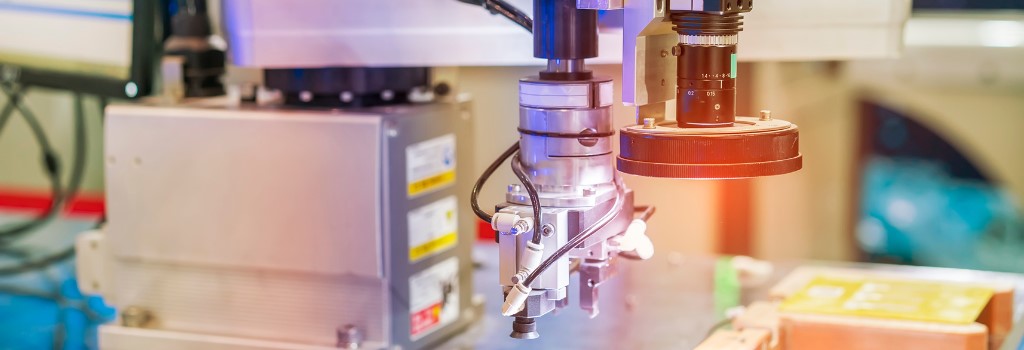- 詳細內容
- 分類: Network Computing
In today's rapidly evolving cybersecurity landscape, enterprises require advanced network security solutions that can provide comprehensive protection across their network infrastructure. Extended Detection and Response (XDR) is a comprehensive cybersecurity approach that expands upon traditional detection and response capabilities to provide enhanced protection against advanced threats across multiple attack vectors.
- 詳細內容
- 分類: SD-WAN
It's been proven a fact that many IT personnels at government agencies are working and dealing with infrastructure inadequacies found in legacy networks.
閱讀全文: NCA-1040SE: Enabling Robust, High Performance And Cloud-ready SD-WAN Networks For Today’s...
- 詳細內容
- 分類: Intelligent Systems
Domain-specific Large Vision Models (LVMs) represent a critical innovation in artificial intelligence, providing tailored solutions to meet the distinct needs of various industries. Utilizing deep learning to process and interpret extensive visual data, these models offer insights that can significantly enhance operations, decision-making, and unlock new possibilities. Focused on specific fields like healthcare or manufacturing, LVMs surpass general-purpose models by learning from large, specific datasets, detecting complex visual patterns that broader models may miss.
閱讀全文: Building Edge AI Appliances Tailored for Domain-Specific Large Vision Models
- 詳細內容
- 分類: Transportation
Rail Obstacle Detection refers to the process of alerting railway operators about obstacles or obstructions present on the railway tracks. These obstacles can range from debris and fallen branches to unauthorized vehicles or individuals trespassing on the tracks.
閱讀全文: Real-Time Obstacle Detection Over Railway Track with In-Train Edge AI Appliance
- 詳細內容
- 分類: Telecommunication
Traditional cloud-based media services often face latency issues, particularly when catering to bandwidth-intensive applications such as content delivery, multimedia streaming, cloud gaming, and video analytics. Conventional cloud deployments struggle to meet the stringent latency requirements, resulting in compromised user experiences and operational inefficiencies.
閱讀全文: Enhancing Media Services Deployment with the AI-Powered MEC Platform
- 詳細內容
- 分類: Industrial Automation
AI-powered machine vision inspection is crucial for smart factories to ensure efficient production processes and maintain high product quality, as modern factories generate vast amounts of visual data from sensors and cameras deployed throughout the production floor. Transmitting this data to a centralized cloud for AI training and inferencing can strain network bandwidth, lead to delays, and raise concerns about data security.
閱讀全文: Enabling edge AI inferencing and training for Factory Machine Vision
- 詳細內容
- 分類: Telecommunication
Deploying DDoS prevention at the edge instead of relying solely on cloud-based solutions offers organizations immediate threat mitigation advantages. By addressing potential attacks closer to the source, edge-based DDoS prevention reduce latency and provide a quicker response to emerging threats. Moreover, the enhanced visibility and control provided by edge-based solutions enable organizations to have a more granular understanding of their network traffic, facilitating real-time adjustments to security policies based on evolving threats.
閱讀全文: Scalable MEC Server Enables DDoS Security Edge Services












